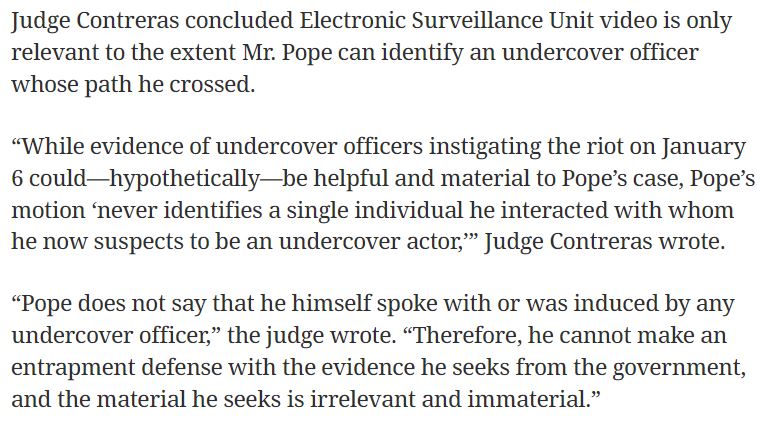Historian Says Princeton Left Him To ‘Rot’ in Iranian Prison

A former Princeton historian is suing the Ivy League school, accusing officials of urging him to study in Iran in the wake of the nuclear deal and then leaving him to “rot” in a notorious torture prison after he was arrested on bogus espionage charges.
Xiyue Wang alleges Princeton sent him to Iran to study for his doctorate in early 2016 but did little to help free him after his arrest months later on charges of spying for the United States. Wang was arrested in Iran on Aug. 7, 2016, and sentenced to 10 years in the regime’s Evin Prison, where Iran holds its political prisoners. He was freed in December 2019 in a prisoner exchange with the United States.
In a lawsuit filed last month, Wang accuses Princeton of trying to keep his wife from publicizing his case following his arrest in order to protect its reputation and to maintain political ties in Iran. Wang blasted Princeton and its Iran Center for heeding the advice of “pro-regime activists and academics” before and after his arrest. Wang alleges that Princeton lawyers and administrators urged him not to seek refuge in the Swiss embassy in Tehran after he began to fear for his safety.
“Everything Princeton did and abstained from doing was centered around absolving its institutional responsibility, protecting its institutional reputation, and maintaining its political relations with Iran,” Wang says in the lawsuit, which has not been previously reported.
Wang’s lawsuit threatens to reveal Princeton’s efforts to forge ties with Iran and the school’s internal deliberations after his arrest. The historian identifies researchers and scholars at Princeton he says are sympathetic to the Iranian regime who he claims stymied efforts to free him from prison. Wang notes that Seyed Hossein Mousavian, a former Iranian diplomat, serves as a scholar at Princeton. Mousavian was ambassador to Germany when four Iranian dissidents were assassinated on German soil. He attended the funeral of Qassem Soleimani, the Islamic Revolutionary Guard Corps leader killed by American forces last year.
Wang also questions advice he received before and during his trip from a Princeton research director whose father is a former Iranian diplomat.
Wang’s saga highlights the misplaced optimism that gripped academia and Washington power circles in the wake of the Joint Comprehensive Plan of Action, or Iran nuclear deal.
Wang, who now serves as national security adviser to Rep. Jim Banks (R., Ind.), says his advisers ignored the regime’s support for terror organizations and its penchant for arresting Americans on false charges.
“It’s a good time to go [to Iran]—looks like they are in a good mood over there. Take advantage of it!” Dr. Kevan Harris, one of Wang’s advisers at the Iran Center, wrote Wang on Jan. 17, 2016, according to the lawsuit.
Anastasia Vrachnos, a Princeton vice provost, told Wang in a Jan. 28, 2016, email, “It’s an exciting and dynamic time to be there.”
The then-director of Princeton’s Iran Center, John Haldon, said Wang studying in Iran would be a boon for the school. He called it a “pioneering visit for Princeton” that would allow the school “to send other graduate students to carry out research there” and “support Iranian graduates should they wish to work at Princeton.”
Wang’s troubles began as soon as he arrived in Tehran. He says he quickly figured out that Princeton administrators had not laid the groundwork for him to be able to access materials he needed for his research.
“Princeton University was grossly unprepared to send Mr. Wang to Iran and unable to provide the most basic logistical support for Mr. Wang after his arrival in Iran, which directly contributed to, and resulted in, Mr. Wang’s arrest, detention, torture, and physical and mental abuse,” the lawsuit reads.
Wang was repeatedly blocked from accessing government archives because he was an American. He said he came under surveillance but was not initially concerned that he was in danger. Wang’s fortunes took a turn for the worse when Iranian police took his passport and laptop.
Wang said Princeton downplayed his concerns. In a July 24, 2016, email, Haldon, the Iran Center director, advised Wang to “sit tight and say nothing to anyone outside the small group of people who already know about the situation.”
“Prof. Haldon and Princeton were clearly trying to prevent Mr. Wang’s situation from being known beyond the University,” Wang alleges.
According to the lawsuit, two Princeton lawyers and Vrachnos, the vice provost, advised Wang’s wife, Hua Qu, that Wang should not seek sanctuary in the Swiss embassy. He alleges that Mousavian, the former Iranian diplomat, and other Princeton employees with ties to the Iranian government “made the intentional decision not to utilize their political capital” in Iran to help him.
“Instead of taking action to assist and accelerate Mr. Wang’s release, Princeton chose instead to protect their own reputation over Mr. Wang’s health and well-being,” the lawsuit reads. “Princeton did nothing but try to suppress news about the case.”
Wang wallowed in prison for 1,216 days before the Trump administration secured his release. He was exchanged for Iranian nuclear scientist Masoud Soleimani.
Princeton did not respond to a request for comment about Wang’s lawsuit. Wang declined to comment citing the ongoing litigation.
" Conservative News Daily does not always share or support the views and opinions expressed here; they are just those of the writer."





